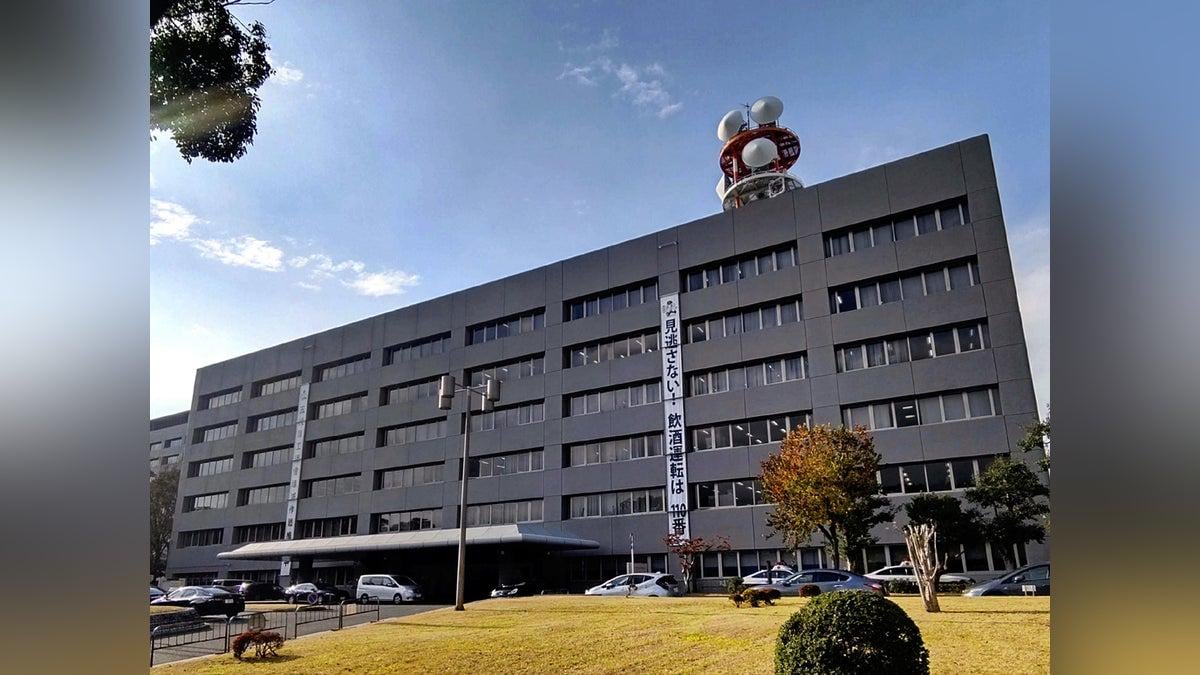
Since the revised Road Traffic Law took effect in November of last year, targeting bicycle riders under the influence, there have been over 4,000 incidents of such violations reported nationwide by the end of May. According to a survey of various prefectural police departments, there are cases where cyclists were aware they were breaking the law. Experts emphasize the necessity of raising awareness about the risks associated with cycling under the influence.
Previously, penalties existed for drunk cycling, but the revised law now imposes penalties on cycling under the influence as well. This includes imprisonment for up to three years or a fine of up to 500,000 yen.
From November 1 last year to the end of May, 4,077 cases were reported nationwide, with Fukuoka seeing the highest number at 803 cases. Large metropolitan areas like Tokyo (340 cases), Saitama (328 cases), and Osaka (278 cases) topped the list. When calculated per 10,000 people, Fukuoka led with 1.57 cases, followed by Ishikawa and Mie with 0.95 cases.
The Fukuoka Prefectural Police attributes the high numbers in Fukuoka to enhanced enforcement and measures. Since 2012, Fukuoka was the first in Japan to implement a penalty-inclusive ordinance against drunk driving. Police there also target drunk cycling similarly to driving, and driving schools offer simulation experiences with goggles to highlight the impact of cycling under the influence.
In Ishikawa, where population-adjusted violations ranked second, police note factors such as the distance between nightlife areas and stations, which might influence the statistics. Kanazawa, a prominent nightlife hub, is roughly 2 kilometers from Kanazawa Station, with many tourists renting bicycles. Ishikawa police stress the importance of spreading awareness.
Violators were mainly in their 40s (35.6%), followed by those in their 20s (19.2%). This includes young individuals around 20 who do not hold a driver’s license. Despite awareness of the penalties among 90% of violators, many still cycle under the influence.
Administrative actions have been taken against violators, such as revoking driver’s licenses. In Mie Prefecture, a man in his 40s received a suspension after cycling under the influence in July. A police spokesperson pointed out the mistaken belief among many that “it’s okay to cycle after drinking.”
Professor Hajime Tozaki from Oberlin University stresses the importance of communicating the dangers of cycling while intoxicated and calls for cooperation from establishments serving alcohol.
by MagazineKey4532
